With the all-consuming grind of seeing patients, it is often difficult for head and neck surgeons to sit back and ask some important questions: Just how well are we doing our jobs?
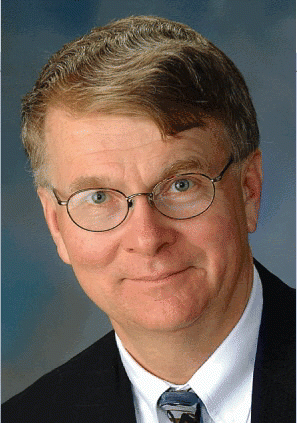

When a 30-year-old woman from Colombia who had had severe stenosis from airway tuberculosis was referred to the University College London Centre for Stem Cells and Regenerative Medicine, there were more questions than answers.
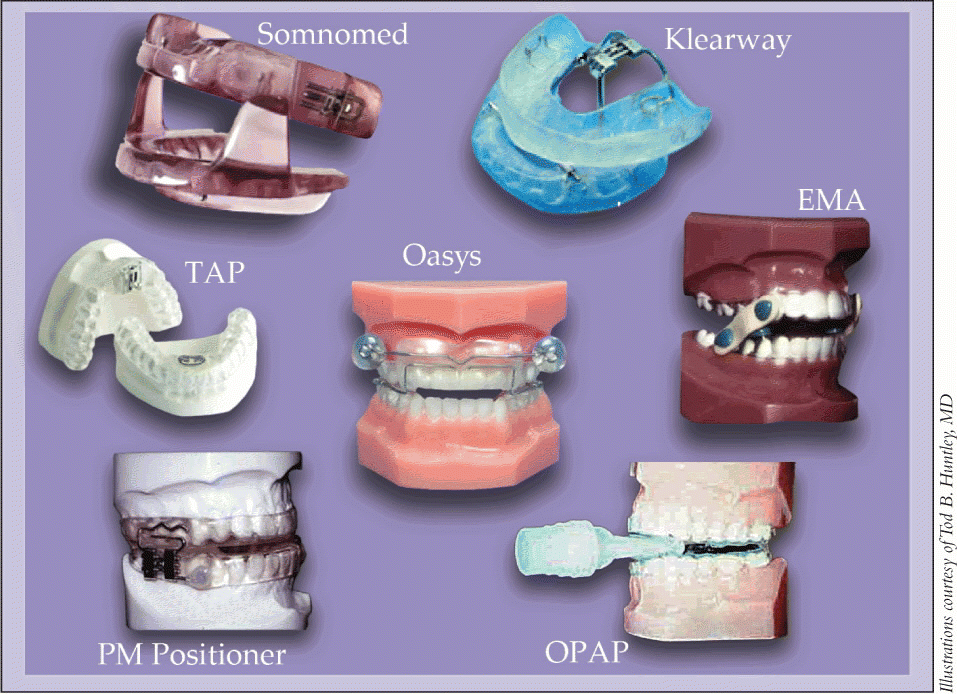
SAN DIEGO-For patients who undergo surgery for obstructive sleep apnea, failure of surgery to achieve success presents a number of challenges to otolaryngologists. First and foremost is the challenge of correctly assessing the outcome of surgery followed by the need to choose additional therapy tailored to the particular needs of each patient.
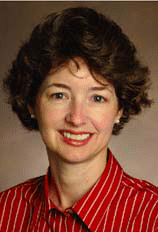
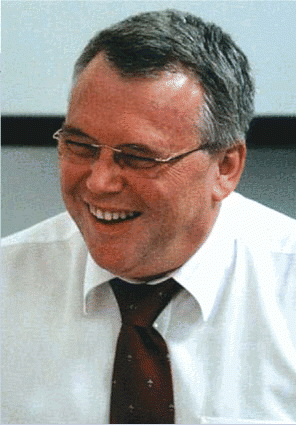
Nasal polyposis has been a source of suffering for patients and a vexing problem for doctors. Polyps are associated with so many different conditions-from aspirin intolerance to infections-so figuring out the body’s processes that bring polyposis about has been a tall order.
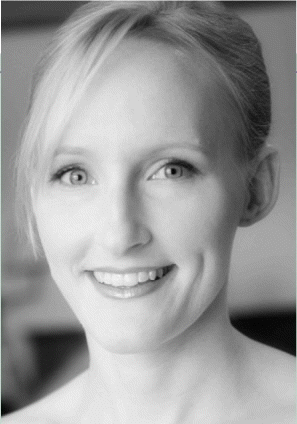
Are there racial and ethnic disparities in patients with chronic rhinosinusitis presenting for sinus surgery? According to one recent study, the answer is yes. The nasal polyp population consists of a larger portion of nonwhite patients who tend to present with worse disease, and certain subgroups have worse quality-of-life scores.
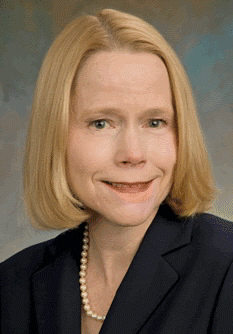
Part 1 of 2 articles
PHOENIX-Cysts on vocal folds can be tricky lesions to tackle-more challenging than many otolargyngologists might think, a panel of experts said here.
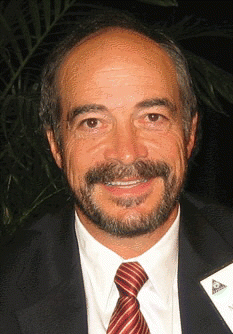
Part 2 of 2 articles
PHILADELPHIA-Surgeons are faced with many options for approaching diseases of the sinus; the right approach is not always clear-cut. Five experts reviewed several approaches at Rhinology World held here recently, with some favoring a more aggressive approach, some preferring to be less aggressive, and others highlighting new technology.
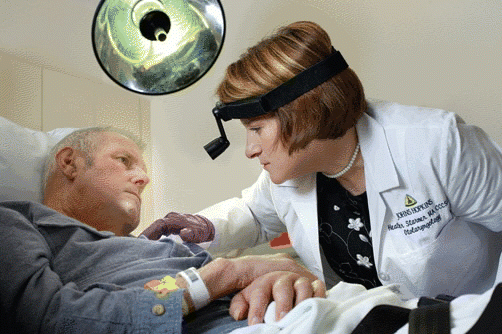
PHOENIX-Performing salvage surgery after chemoradiation or radiation treatment for laryngeal cancer patients, rather than just performing primary surgery right away, appears to lead to more complications with patients’ tracheoesophageal voice prostheses, according to a retrospective study reported by researchers here.
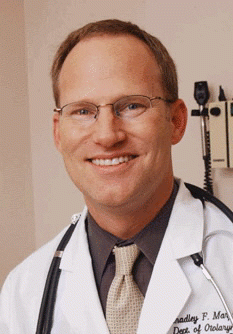
Part 1 of 2 articles
PHILADELPHIA-Surgeons are faced with many options for approaching diseases of the sinus, and the right approach is not always clear-cut. Five experts reviewed several approaches at Rhinology World held recently here, with some favoring a more aggressive approach, some preferring to be less aggressive, and others highlighting new technology.